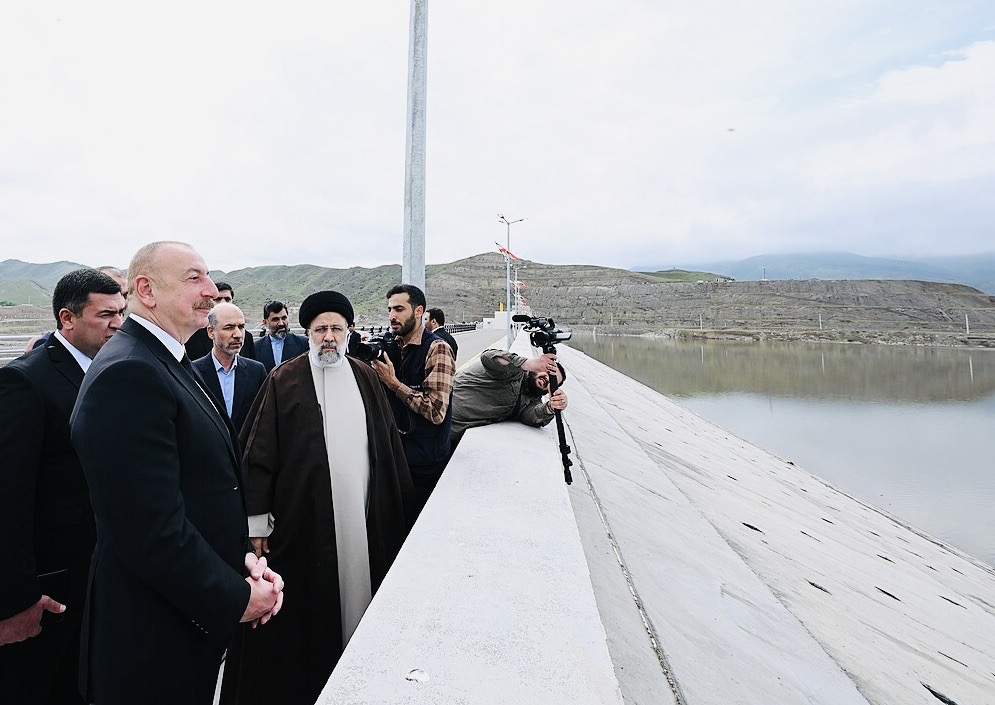The helicopter crash on May 19 that killed Iranian President Ebrahim Raisi and Iran’s foreign minister, Hossein Amir-Abdollahian, will likely have no tangible effect either in Iran or in the Middle East.
Iran’s internal and external policies are tightly managed and controlled by its hardline supreme leader, Ayatollah Ali Khamenei, in tandem with the Islamic Revolutionary Guards Corps, which answers directly to him.
Given these realities, continuity is expected to prevail.
Raisi’s and Abdollahian’s interim successors, Mohammed Mokhber and Ali Bagheri Kani, will carry on as usual until new presidential elections are held within 50 days.
In the meantime, ultimate power will be wielded by Khamenei and the Islamic Revolutionary Guards Corps.
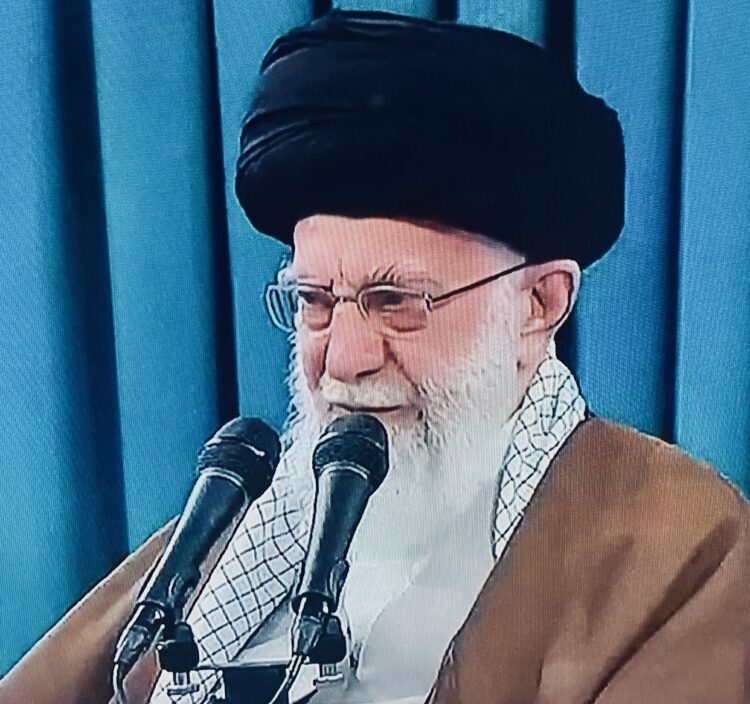
At home, dissenters will be crushed mercilessly, as they have in the past. The last wave of protests, in 2022, lasted a few months. Previous ones in 2009 and 2019 were ruthlessly stamped out by the security forces.
Abroad, Iran will continue to develop its highly contentious nuclear program and meddle in the affairs of Arab countries. Iran will cultivate relations with its two superpower friends, Russia and China. And in league with its Lebanese, Palestinian, Syrian, Iraqi and Yemenite allies in the Axis of Resistance, Iran will ceaselessly confront Israel.
Israel will not gain strategic benefits from this accident. The Islamic Republic of Iran has been antagonistic toward Israel, and the United States, since its inception. Iran’s attitude toward Israel will remain hostile as long as the current set of leaders and their protégées are in charge.
Last month, Iran’s shadow war with Israel exploded into open warfare when Israel bombed an annex of the Iranian embassy in Damascus, killing several high-ranking officers of the Islamic Revolutionary Guards Corps.
By way of retaliation, Iran fired more than 300 drones and rockets at Israel on April 13. It was Iran’s first direct attack against Israel from its own territory. Nearly all the projectiles were downed in an unprecedented joint operation conducted by the Israeli Air Force, the U.S., Britain and Jordan.
Five days later, in a symbolic strike intended to warn the Iranian leadership of its capabilities and to head off a regional war, Israel bombed an air force base in Isfahan, Iran.
Not surprisingly, the sudden deaths of two of the most powerful figures in Iranian politics shocked Iranians. Yet many Iranians detest the Islamic regime, which marked its 45th anniversary a few months ago.
Raisi and Abdollahian, along with six other passengers, perished when their U.S.-manufactured Bell helicopter crashed in thick fog in northwestern Iran, some 700 kilometres from Tehran, Iran’s capital.
The Iranian media ascribed the mishap to “technical failure.” Due to the crippling sanctions imposed by the United States on the Iranian economy, Iran has been virtually unable to obtain spare parts for its fleet of aging Bell helicopters.
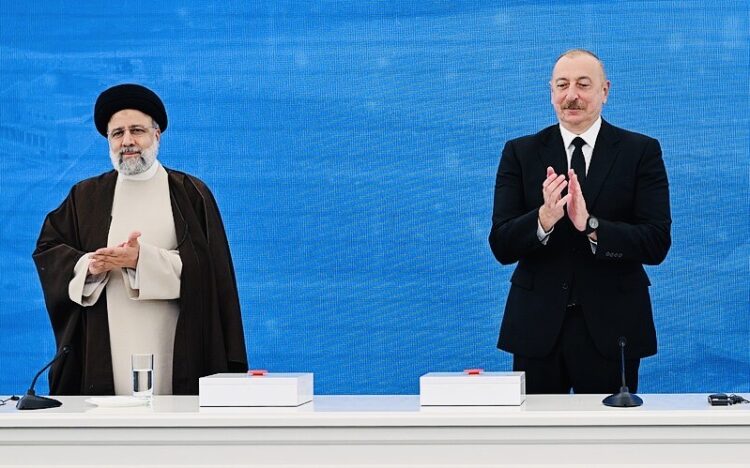
Raisi, 63, died shortly after visiting Azerbaijan, where he was warmly greeted by President Ilhan Aliyev, whose relations with Iran have been mercurial in recent years.
Much to Iran’s displeasure, Aliyev has forged close ties with Israel, its arch enemy.
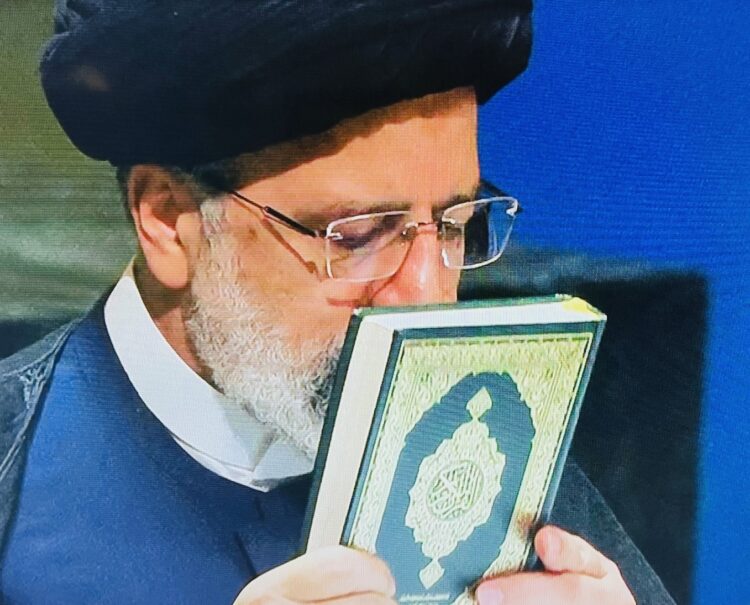
Raisi, a deeply conservative cleric, took office in 2021. A protege of Khamenei, he was apparently being groomed to succeed him. Now the arduous selection process must begin anew.
During his short-lived presidency, Iran was mired in troubles.
The oil-based economy is in the doldrums. The national currency has hit record lows against the U.S. dollar. Inflation is at the 30 percent mark. Ordinary Iranians are barely coping.
Iran remains at odds with its main adversary, the United States. With negotiations to extend the 2015 Iran nuclear agreement having failed, the Iranian regime has stepped up the enrichment of uranium to higher levels, alarming Israel.
Iran played a baneful role in the outbreak of the current Israel-Hamas war in the Gaza Strip. Hamas did not inform Iran of its intention to attack Israel on October 7, but Iran was certainly aware of Hamas’ tactics and strategy.
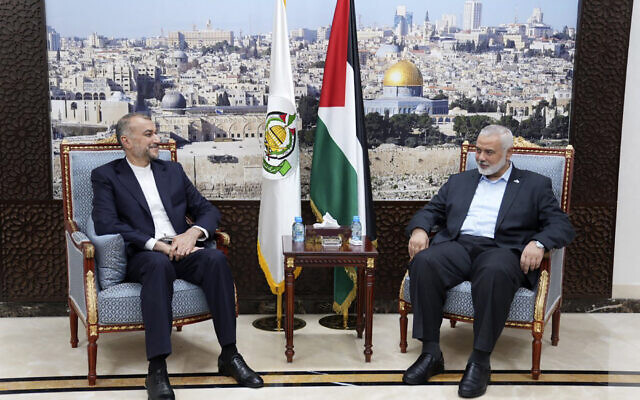
Abdollahian, 60, was a key intermediary between Iran and Hamas and all of Iran’s other regional surrogates ranging from Hezbollah to the Houthis. He issued a regular stream of warnings that a regional war could well erupt unless Israel agreed to an immediate ceasefire and a full withdrawal from Gaza. Prior to the war, he visited Lebanon and toured the southern border region adjacent Israel.
Abdollahian and Raisi were the sons of the Iranian Islamic revolution. They were suspicious of the West, particularly the United States. They hated Israel and demanded its destruction.
They will not be missed, but their replacements will mouth the same party line.
